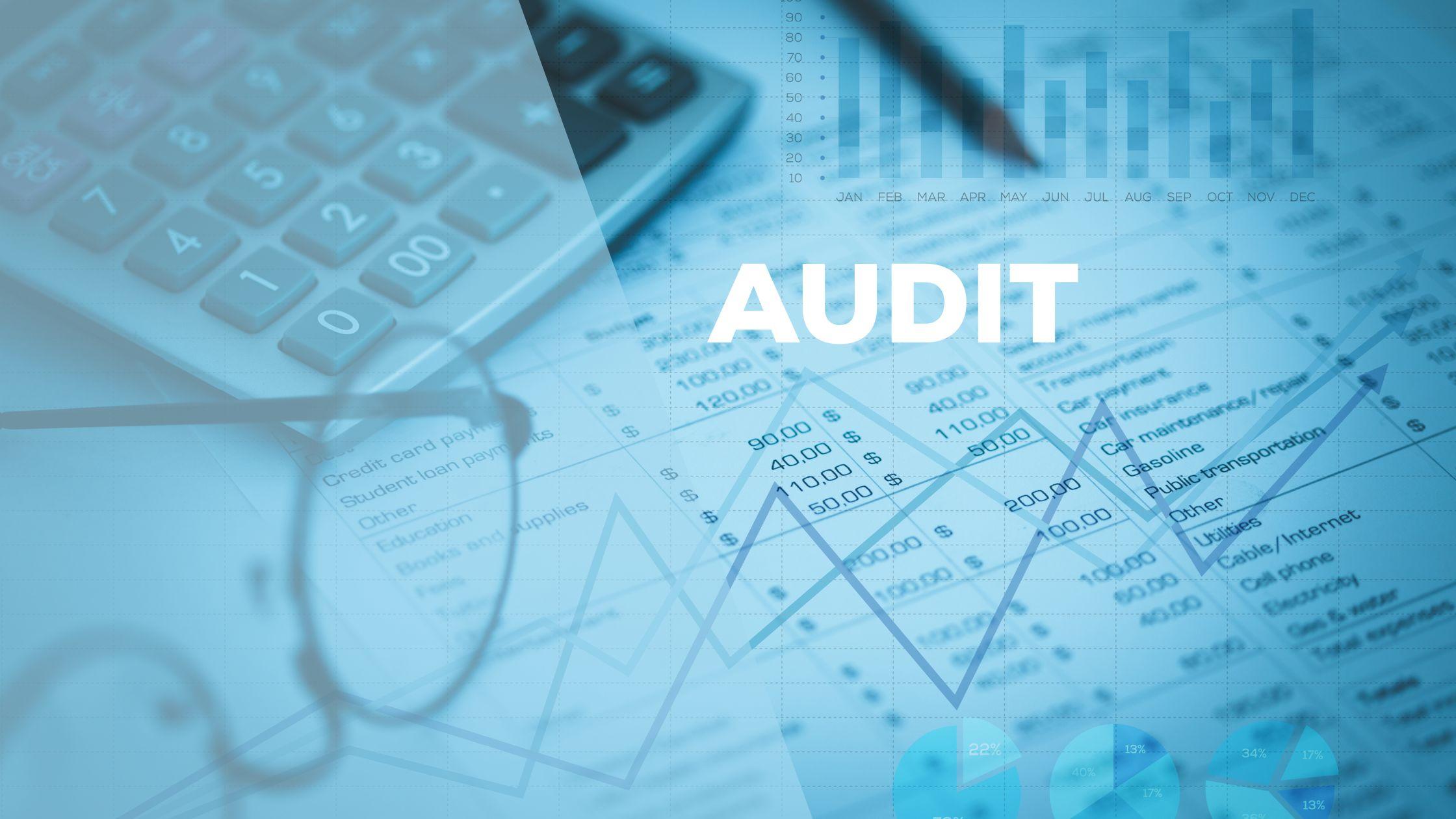As a Plan Administrator, understanding 401k audit requirements is essential for maintaining compliance and avoiding costly penalties. This guide provides a clear overview of what triggers a 401(k) audit, what documentation and data are reviewed, and and how our team at Watkins Ross manages the entire process on your behalf.
At Watkins Ross, we manage the entire 401(k) audit process on your behalf from monitoring participant counts to working closely with independent auditors and ensuring timely, an accurate Form 5500 audit and filing. Our goal is to make the audit process as smooth and stress-free as possible. Read on to learn what to expect during a 401(k) retirement plan audit and how our expert team supports you at every step.
Understanding 401k Audit Requirements: Why Your Retirement Plan May Need an Audit
The 401(k) plan audit is mandated by the Employee Retirement Income Security Act (ERISA) and is intended to ensure your company’s plan is administered correctly.
The audit seeks to:
- Review 401(k) plan documents
- Verify the 401(k) plan is compliant with the IRS and DOL rules
An independent accounting firm that specializes in these types of audits will perform the audit, which is different from a DOL/IRS audit. Understanding the 401(k) audit requirements helps clarify why this process is necessary and how it protects plan integrity.
401k Audit Requirements: When Is an Audit Required for Your Retirement Plan?
Under current 401(k) audit requirements, an audit is typically triggered when the participant count exceeds 120 as of the first day of the plan year. This is generally January 1, unless your company has specified something else. However, if the plan filed as a small plan the prior year, this may not apply. These rules are a key part of complying with Form 5500 audit regulations set by the DOL and IRS.
Here’s why:
When a 401(k) plan has 100 or more participants on the first day of the plan year, it’s considered a “large plan” for DOL and IRS reporting purposes. A large plan is required to complete a Form 5500 with more Schedules and attach an audit report when filing the 5500.
While 100 participants is the general threshold for large-plan status, there is what is commonly referred to as the 80-120 rule. Plans that have between 80 and 120 participants at the beginning of the plan year are permitted to file their Form 5500 in the same way they did the year prior. Only participants with an account balance are counted for purposes of the audit requirements.
What Deadlines Apply to My Audit and Form 5500 Filing?
For the Form 5500 filing, the audit will need to be completed and submitted with the Form 5500 to the IRS within seven months from the end of the plan year. If an extension is filed (Form 5558), the due date can be extended an additional two and a half months.
For example, if your 401(k) plan year ends December 31st, the filing would need to be completed by July 31st of the following year. If an extension is filed, the deadline would then be October 15th of the following year.
401k Audit Requirements: What Auditors Review During a Retirement Plan Audit
The following areas will be reviewed during a Form 5500 audit:
- Documentation and Compliance
- Financial Statements
- Disclosures
- Form 5500
The first things an auditor will review as part of a 401(k) plan audit are the company’s documentation and compliance. An analysis will be conducted to make sure the plan is operating within the guidelines of the plan-related documents. The plan will also be reviewed to ensure it follows specific Department of Labor and IRS regulations.
After this, the plan’s financial statements, any disclosures, and Form 5500 will be reviewed to make sure the financial information is reported correctly. These steps help ensure your plan is in full compliance with 401(k) audit requirements and federal filing standards.
What To Expect With Your Audit
To ensure a smooth process, plan sponsors and administrators should maintain comprehensive records and review the auditor’s requested items well in advance of the audit start date.
Here are some of the items you should prepare:
- Plan documents, adoption agreements and amendments
- IRS opinion letter on the plan document
- Summary Plan Description (SPD) and any modifications (SMM)
- Agreements with service providers
- SOC-1 report covering service providers internal control processes
- Payroll records and employee census (list of all paid employees for the year including key demographic data)
- Enrollment forms completed by participants
- A list of contributions remitted to the plan, by pay period
- Trust and recordkeeping reports
- Distributions, loans or other plan activity; including forms completed by participants
- Proof of insurance coverage for ERISA Bond
- Prior Form 5500 filings and draft of current year Form 5500
- Independent appraisal for company stock or other non-traditional investments held by the 401(k), if applicable
- Participant Communications and Notices
- Corporate Minutes
Staying organized can simplify your experience and help you meet all 401k audit requirements tied to the Form 5500 audit process.
At Watkins Ross, we recommend our clients reach out to their administrator when they receive their Audit Letter. Your administrator will review items they can assist with and identify the timeframe for your needs. Audits can take several months to complete, so we also recommend starting your audit early. Audit costs may be paid from plan assets.
Questions?
If you have questions about your 401(k) audit requirements, Form 5500 filing, or what to expect during the process, don’t hesitate to contact us by calling 616-456-9696 or sending us a message online. Our team at Watkins Ross is here to guide you every step of the way and ensure your plan stays compliant. We’re happy to answer your questions and help you feel confident about what’s ahead.



